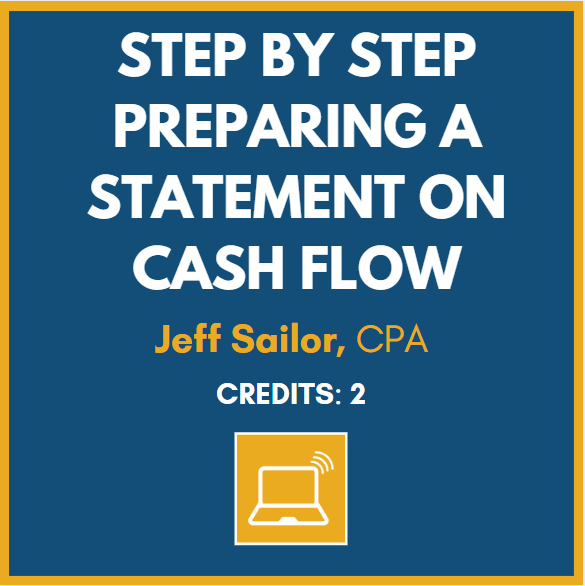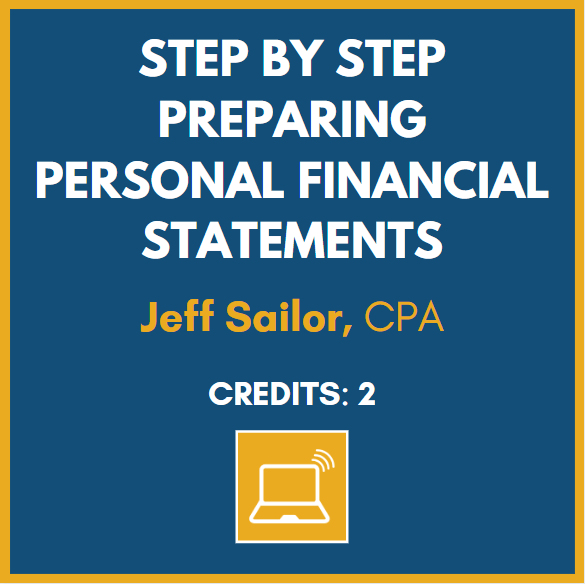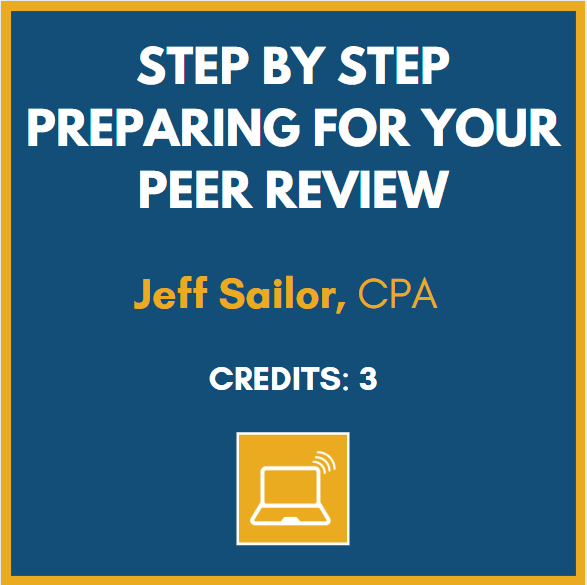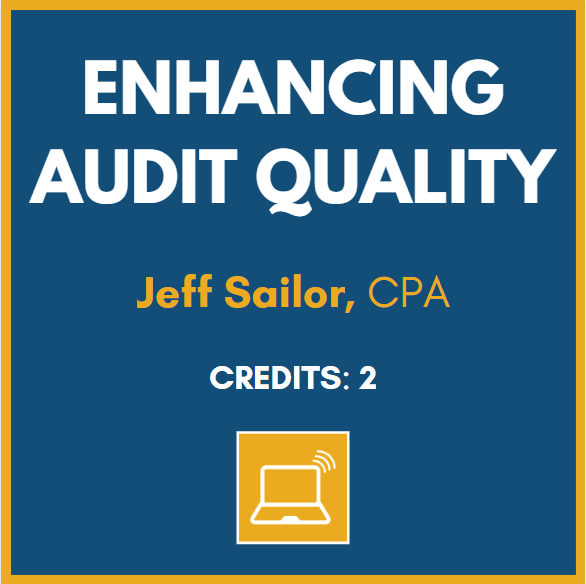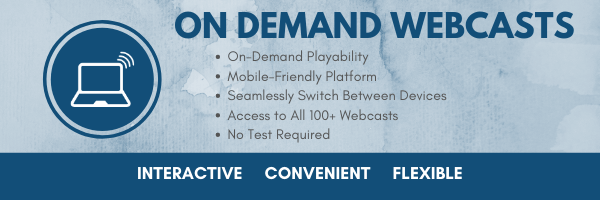
Have you taken a class from Jeff Sailor? He’s one of our favorites and one of the funniest. For more than 10 years, Jeff has served as an AICPA peer reviewer, focusing on small firms and sole practitioners. Jeff has managed his own accounting firm in Ocala, Florida, since 1984. During that time, he has also developed unique auditing approaches and auditing software.
To read more about Jeff or see his coursework, check here.
How to Account for PPP Loans
As many of you have been working very diligently to assist your clients with both acquisitions as well as forgiveness of the SBA PPP Loans, some of you have begun to wonder, “How in the world do I account for this loan and the possible forgiveness in the financial statements?”
The good news is that the AICPA has just issued a Technical Q&A to address this issue. It draws off existing standards to guide this unique situation. This guidance will apply to all nongovernmental entities, including both businesses and not-for-profit entities.
There are essentially three methods which may be followed depending on your type of entity:
- Both businesses and not-for-profit entities may follow the standards related to debt.
- A business entity may follow the guidance for a governmental grant, provided it is probable the loan will be forgiven.
- A not-for-profit entity may consider it a conditional gift, provided it expects to have the loan forgiven.
I have created a short video below that goes into detail about how you should handle the accounting for all of these.
Stay healthy, Jeff Sailor
END
Recent Stories
Next Up...
- |
- TaxByte
- |
- TaxByte
- |
- TaxByte


